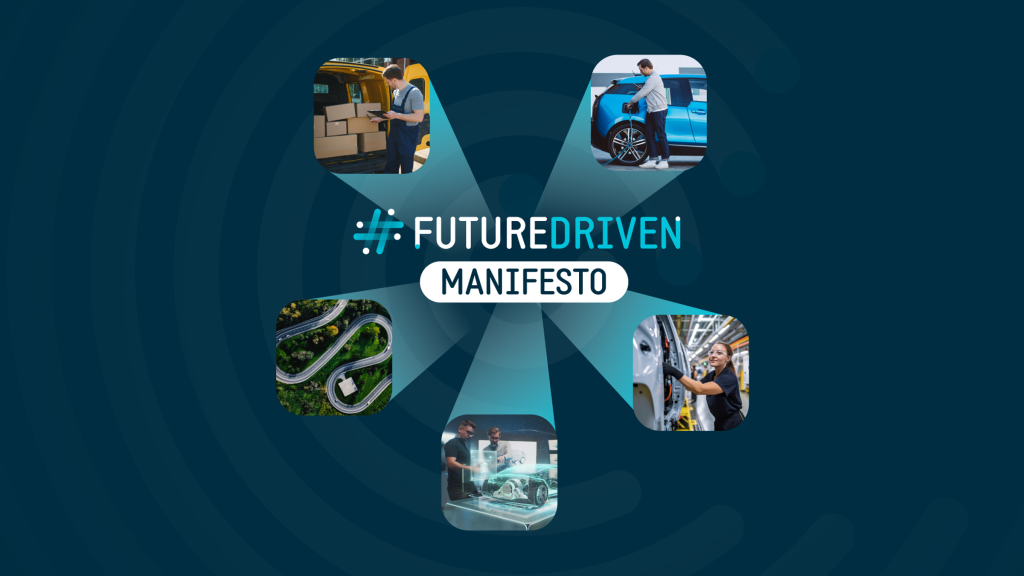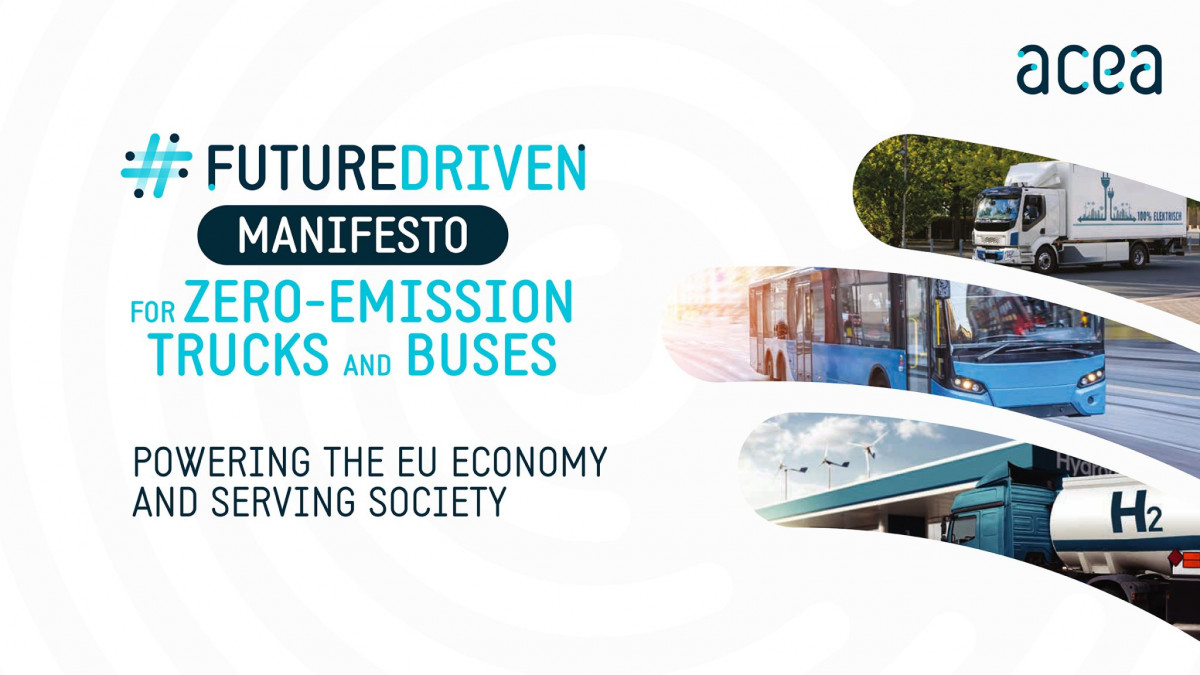
EU law makers have sealed a deal cementing the most ambitious CO2-reduction targets for trucks and buses globally by 2030. While vehicle targets are part of the puzzle for decarbonising truck and bus transport, it is insufficient to only regulate the supply side without addressing demand roadblocks.
That’s why leading European truck and bus CEOs have escalated their call to Europe’s policy makers with a Manifesto for getting zero-emission trucks and buses on Europe’s roads, launched today ahead of crucial European elections.
Truck and bus CEOs step up call to Europe’s law makers as EU signs off on ambitious CO2-reduction targets
“Truck and bus manufacturers are committed to helping Europe achieve its climate goals, by providing sustainable road transport solutions. We are playing our part by investing in and ramping up production of battery-electric and hydrogen-powered models, but simply setting ambitious targets for manufacturers and hoping smooth implementation follows is not a strategy,” stated Harald Seidel, Chairperson of ACEA’s Commercial Vehicles Board. “Europe is adopting the most ambitious 2030 targets for CO2 reductions in the world. However, ambitious targets must be backed up by equally ambitious enabling conditions and a coherent regulatory framework,” he added.

Zero-emission vehicles are not the bottleneck and manufacturers cannot tackle the shared decarbonisation challenge alone, especially as essential enabling conditions are beyond their control. Decarbonising truck and bus transport is a team sport involving many players across the entire transport and logistics ecosystem.
To put the scale of the challenges in context, there is almost no public charging infrastructure suitable for trucks and buses available today. Europe needs at least 50,000 publicly accessible chargers and at least 700 hydrogen refilling stations to achieve the CO2-reduction target of 45% by 2030. Carbon pricing and incentive schemes aimed at narrowing the total cost of ownership gap between traditional diesel vehicles and zero-emission counterparts fall short.
Trucks and buses underpin our very way of life, powering the EU economy and serving society with almost 80% of goods transported by trucks and over half of public transport journeys served by buses. They are poised to play an even larger role in facilitating movement across Europe in the future.
Source: acea.auto/press-release
